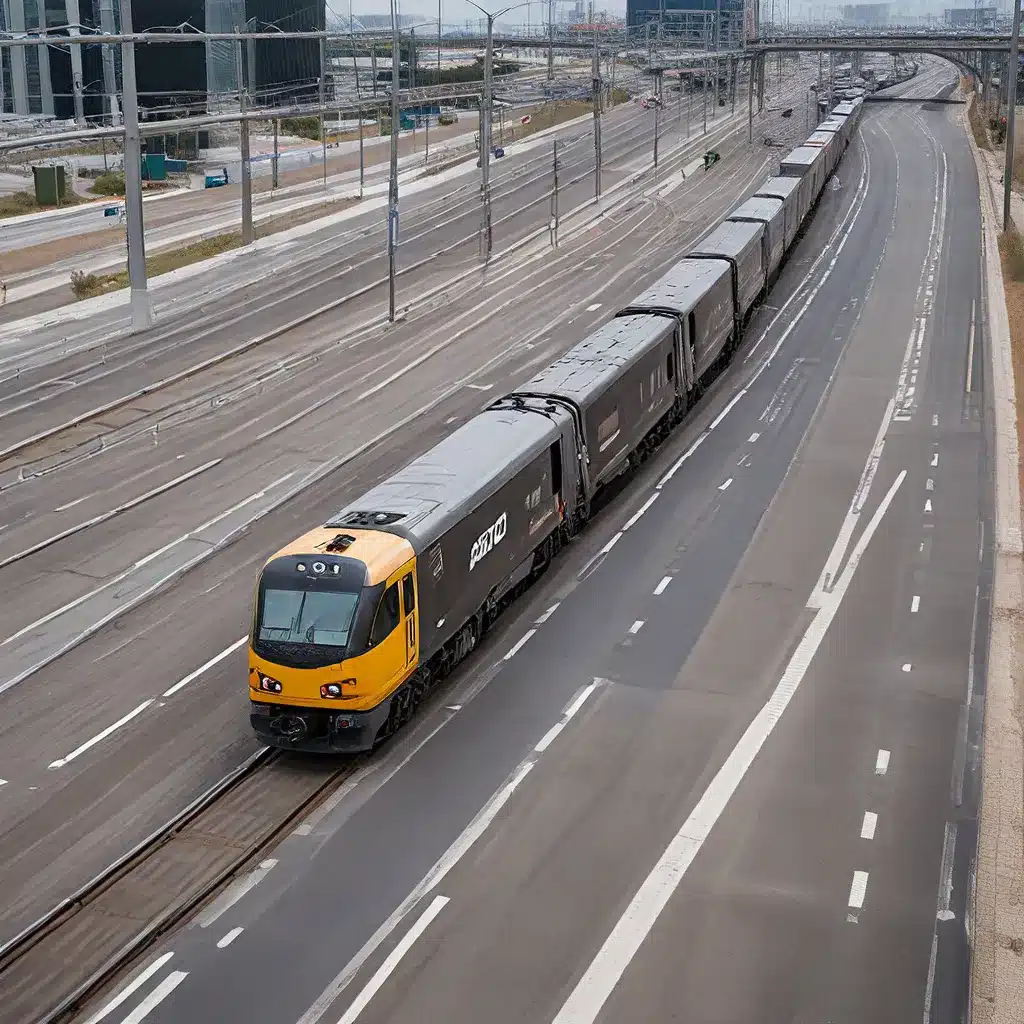
In the rapidly evolving world of smart transportation, the reliability and accuracy of sensor data are paramount. As vehicles become increasingly connected and autonomous, the ability to calibrate sensors for consistent performance is crucial for ensuring the safety and efficiency of these advanced systems. In this article, we will explore the importance of sensor calibration, delve into the challenges faced in smart transportation applications, and discuss the strategies and technologies that can help optimize data acquisition for reliable decision-making.
The Criticality of Sensor Calibration
Sensor calibration is the process of adjusting a measurement instrument or sensor to provide a known output for a given input. This process is essential for ensuring the accuracy and precision of the data collected by these devices. Without properly calibrated instruments, the reliability and accuracy of the data gathered are highly suspect, rendering the information unreliable for critical decision-making.
In the context of smart transportation, sensor calibration is a prerequisite for certification and compliance with industry standards, such as ISO 10012 requirements. Failure to maintain proper calibration can lead to significant safety and liability concerns, as well as operational inefficiencies and suboptimal performance.
Challenges in Smart Transportation Sensor Calibration
Sensor networks in smart transportation systems face unique challenges that require specialized calibration strategies. Some of the key challenges include:
Environmental Factors
Smart transportation systems operate in diverse and dynamic environmental conditions, such as temperature fluctuations, vibrations, and exposure to harsh weather. These factors can impact the accuracy and stability of sensor readings over time, necessitating regular calibration to maintain reliable data.
Sensor Diversity
Modern smart transportation systems rely on a wide range of sensor types, from accelerometers and gyroscopes to radar and LiDAR systems. Each sensor technology has its own calibration requirements and best practices, which must be carefully considered to ensure consistent performance across the entire sensor network.
Scalability and Automation
As the deployment of smart transportation systems scales up, the need for efficient and automated calibration processes becomes increasingly critical. Manual calibration methods can be time-consuming, labor-intensive, and prone to human error, especially when dealing with large sensor networks.
Data Integration and Interoperability
Seamless data integration and interoperability between different sensor systems and platforms are essential for comprehensive situational awareness in smart transportation. Ensuring that calibrated data from various sources can be harmonized and analyzed effectively is a significant challenge that requires robust data management strategies.
Strategies for Reliable Sensor Calibration
To address the challenges in smart transportation sensor calibration, a multifaceted approach is required. Here are some key strategies and technologies that can help optimize data acquisition and ensure reliable performance:
Automated Calibration Workflows
Leveraging automated calibration workflows can significantly improve the efficiency and scalability of sensor calibration processes. Pre-booking calibration services and using verification tools can help minimize the time that test equipment is out of service, ensuring that data acquisition systems are consistently maintained and performing at optimal levels.
Sensor Fusion and Data Fusion
Sensor fusion techniques, which combine data from multiple sensors, can enhance the reliability and accuracy of measurements in smart transportation systems. By cross-validating sensor readings and leveraging complementary capabilities, sensor fusion can help mitigate the impact of individual sensor inaccuracies or failures.
Advanced Calibration Technologies
Emerging technologies, such as digital sensors and IO-Link, offer advanced calibration features that can streamline the calibration process and improve data reliability. These smart sensors often incorporate self-calibration capabilities and provide real-time feedback on their performance, enabling more proactive and efficient maintenance strategies.
Predictive Maintenance and Diagnostics
Incorporating predictive maintenance and diagnostic capabilities into sensor networks can help anticipate and prevent potential calibration issues before they affect data quality. By monitoring sensor performance over time and using machine learning algorithms to detect anomalies, transportation operators can optimize maintenance schedules and ensure continuous data reliability.
Interoperability and Data Standards
Establishing common data standards and protocols for sensor calibration and data exchange can facilitate seamless integration and interoperability across different transportation systems and platforms. By adopting industry-recognized standards, transportation providers can ensure the compatibility and reliable integration of calibrated sensor data, enabling comprehensive data-driven decision-making.
The Future of Sensor Calibration in Smart Transportation
As the demand for reliable, accurate, and secure data continues to grow in the smart transportation landscape, the importance of sensor calibration will only increase. Sensor networks and IoT technologies will play a crucial role in enabling the next generation of intelligent transportation systems, from autonomous vehicles to smart infrastructure.
To keep pace with these advancements, the sensor calibration ecosystem must evolve to meet the challenges of scale, complexity, and dynamic operating conditions. Innovations in automated calibration workflows, sensor fusion, and predictive maintenance will be key to ensuring that sensor data remains trustworthy and actionable for transportation stakeholders.
Moreover, the development of open standards and industry-wide collaboration will be essential for fostering a cohesive and interoperable sensor calibration ecosystem. By working together, transportation providers, sensor manufacturers, and technology partners can unlock the full potential of smart transportation systems, ultimately improving safety, efficiency, and sustainability for all.
In conclusion, the calibration of sensors is a critical and multifaceted aspect of reliable data acquisition in smart transportation systems. By embracing advanced calibration strategies and technologies, transportation providers can ensure the accuracy, precision, and integrity of the sensor data that powers their intelligent transportation solutions, paving the way for a safer, more efficient, and sustainable future of mobility.